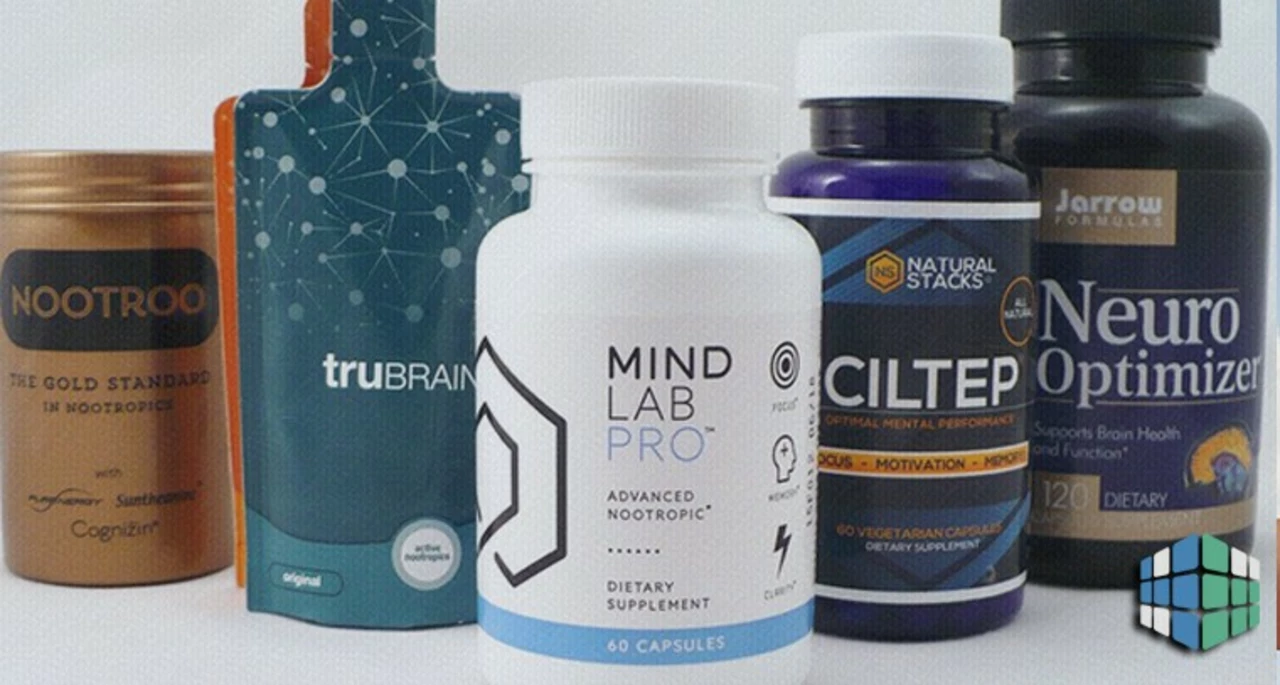Germander: what it is and why people try it
Heard of germander? It’s a group of plants (Teucrium species) used in folk medicine for digestion, inflammation and even weight loss. Sounds promising, right? But germander has a dark side: certain species contain compounds tied to serious liver injury. That’s why you’ll see both praise and strong warnings around this herb.
What people use germander for
Traditionally, germander has been taken as a tea, tincture, or capsule to ease stomach upset, reduce inflammation, and support appetite control. Some people use wall germander (Teucrium chamaedrys) or other species in garden medicine cabinets. Modern supplement makers sometimes market it for metabolic support or mild anti-inflammatory effects. The research is limited and mixed—there are a few lab and animal studies suggesting biological activity, but solid human trials are lacking.
Safety: the liver risk and practical precautions
Here’s the critical point: some germander species contain neo-clerodane diterpenes (like teucrin A) that can cause liver damage. Cases of acute hepatitis and liver failure linked to germander supplements have been reported. Because of that, certain germander extracts have been restricted or pulled from markets in some countries.
Thinking about trying germander? Don’t guess on safety. Avoid it if you have any liver disease, take medications that stress the liver, drink heavily, are pregnant or breastfeeding. If you do use it, stop at the first sign of jaundice, dark urine, nausea, stomach pain, or unusual tiredness and contact a healthcare provider.
Also know that “germander” on a label doesn’t guarantee the same safety profile—species and extraction methods vary. Products may be contaminated or mixed with other herbs. That’s why choosing third-party tested supplements matters; look for independent lab seals, clear species identification, and full ingredient lists.
No single safe dose is agreed on. Clinical guidance is to avoid long-term use and to treat germander cautiously. If a practitioner recommends it, ask why, what species, and whether they’ll monitor liver enzymes while you’re taking it.
Finally, consider alternatives. For mild digestive issues or inflammation, safer options with stronger evidence include peppermint, ginger, turmeric (curcumin), or lifestyle fixes like diet changes and stress management. These often carry less liver risk and more consistent research support.
Germander can offer interesting traditional uses, but its liver risk makes it one of those herbs where the question isn’t just "will it help?" but "is it worth the chance?" Talk with a healthcare professional before trying germander, keep an eye on your liver health, and pick products with clear testing and species labeling if you do decide to try it.

Top 10 Benefits of Germander Dietary Supplement: Why You Need It in Your Life
In my latest blog post, I've explored the top 10 benefits of Germander dietary supplements and why they deserve a spot in your daily routine. From boosting your immune system to supporting liver health, Germander has proven to offer a wide range of health benefits. The supplement also aids in weight loss and serves as an effective remedy for various digestive issues. I've detailed my personal experience with Germander and how it has positively impacted my life. Don't miss out on discovering the wonders of this powerful herb and how it can improve your overall well-being!
